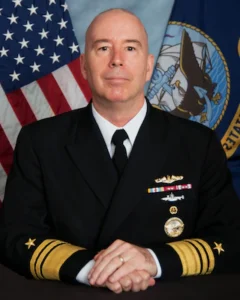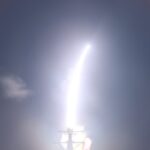
President Joe Biden nominated Vice Adm. William Houston to be promoted to admiral and lead the Navy and Energy Department’s naval nuclear propulsion program, the Defense Department announced on May 3. Houston currently serves in a tripartite role: commander of Naval Submarine Forces; commander of Submarine Force, U.S. Atlantic Fleet; and commander of Allied Submarine Command. He has served in his current position since September 2021. His current position makes him the lead for the undersea domain and is responsible…

 By
By 











